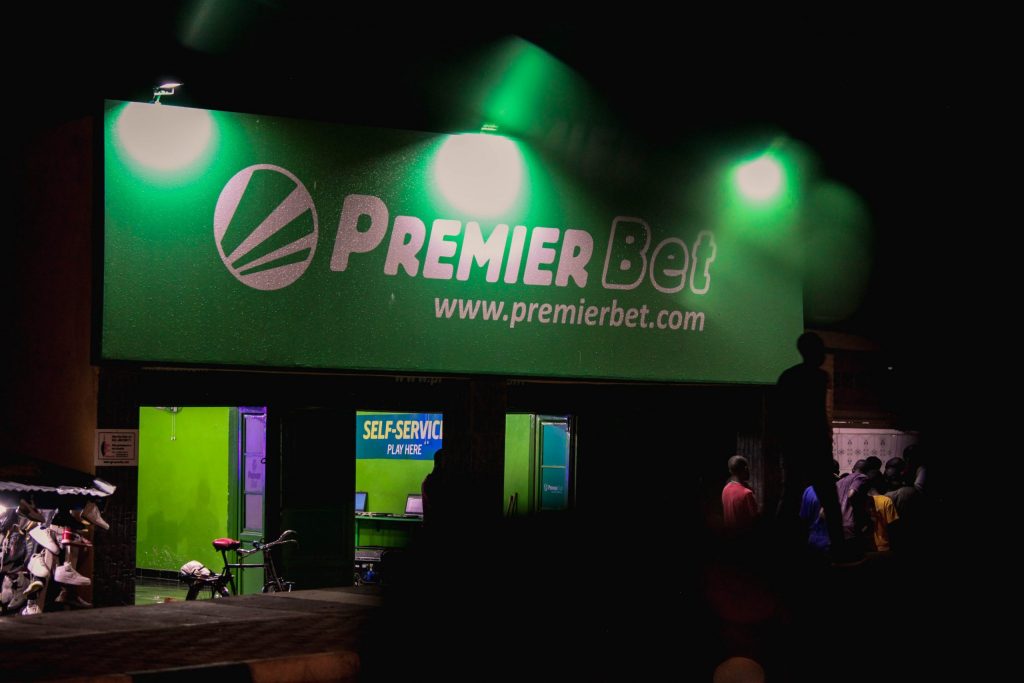Overview of Investing vs. Gambling
How many times have you overheard someone say, “Investing in the stock market is just like gambling at a casino” during a financial discussion? It’s true that both investing and gambling include risk and decision-making, specifically the risk of capital with the expectation of future gain. But although gambling frequently has a brief lifespan, investing in stocks can have a lifetime. Additionally, over the long term and on average, gamblers might anticipate to receive a negative return. On the other side, over the long term, investing in the stock market often has a positive projected return.
KEY LESSONS
Both investing and gambling involve putting money at risk in the pursuit of a reward.
A fundamental idea in both gambling and investing is to reduce risk while maximizing profit.
Less loss mitigation options are available to gamblers than to investors.
Compared to gamblers, investors have access to more reliable information sources.
The chances will eventually be on your side if you invest rather than gamble.
Investing
The act of investing is the commitment of capital to an asset, such as stocks, with the hope of making a profit or an income. The fundamental idea behind investing is the anticipation of a return in the form of income or price growth. In investment, risk and return are inversely correlated; low risk typically translates into low predicted returns, whereas larger profits are typically associated by increased risk.
Investors must constantly choose how much capital they are willing to risk. On each given trade, some traders typically risk 2–5% of their total capital. Long-term investors are frequently reminded of the benefits of diversification across various asset classes. However, within a single asset class, particularly a sizable one like the stocks class, risk and return expectations might differ significantly. A micro-cap stock that trades on a tiny exchange will have a substantially different risk-return profile than a blue-chip stock that trades on the New York Stock Exchange.
Spreading your capital over several assets, or various sorts of assets within the same class, will probably assist reduce potential losses. In essence, this is an investment risk management method.
Some investors analyze stock charts to understand trading trends and improve the performance of their assets. Stock market analysts use the charts to attempt and predict where the stock will go in the future. Technical analysis is the term used to describe this field of study that focuses on chart analysis.
The commission an investor must pay a broker to buy or sell stocks on their behalf can have an impact on investment returns.
When you gamble, you have nothing to show for it, but when you buy in stocks, you take home a piece of the underlying business. Some companies even give stock dividends as compensation for your ownership.
Gambling
Staking something on a contingency is referred to as gambling. It means putting money at risk on a situation where the outcome is unknown and there is a significant element of chance.
Gamblers, like investors, must carefully choose how much money they wish to “put in play.” In various card games, pot odds—the amount needed to call a wager in relation to the amount currently in the pot—are a tool to evaluate your risk capital and risk-reward. The player is more likely to “call” the bet if the odds are in his or her favor.
The majority of professional gamblers are quite skilled at managing risk. They investigate a horse’s pedigree and track record as well as player or team history. Card players frequently observe other players at the table for hints when trying to gain an advantage; excellent poker players can recall bets made 20 hands earlier. In an effort to learn more, they also research their rivals’ demeanor and betting tendencies.
The player in casino gambling is competing against “the house.” Bettors are in a sense betting against one another in sports betting and lotteries, two of the most popular “gambling” activities that the typical person partakes in since the number of players influences the odds. The odds on each horse are decided by the amount of money put on that horse, and they are continually changing up until the race actually begins. As an example, placing a bet on horse racing is actually making a wager against other bettors.
Gamblers typically face unfair odds: The likelihood of losing an investment is typically higher than the likelihood of gaining more than the investment. A gambler’s chances of generating a profit can also be lowered if they are required to put up “points,” or additional funds above their original wager, which are held by the casino whether they win or lose. Points are similar to what an investor pays in broker commissions or trading fees.
Key distinctions between gambling and investing
A fundamental idea in both gambling and investing is to reduce risk while maximizing gains. However, the house always has the advantage in gambling—a numerical advantage over the player that grows the longer they play.
In contrast, over the long run, the stock market consistently increases. This isn’t to say that a gambler will never win the big one, and it’s also not to say that a stock investor will always make money. Simply said, if you keep playing, the odds will eventually work in your favor as an investment rather than a gambler.
“An investing approach is to neither get in nor get out. Period. That is merely speculating on fleeting times. Additionally, investing should always be a long-term, disciplined exercise “Liz Ann Sonders, managing director and chief investment strategist at Charles Schwab, made this statement.
Loss Mitigation
Gambling and investing differ significantly in that you have few options for limiting your losses in the former. If you contribute $10 a week to the NFL office pool and you lose, you lose everything. There are no loss-mitigation tactics when wagering on any form of pure gambling. In-play betting, which may be adjusted during gameplay, and partial cash-out options, which allow recovery of part of one’s stake if an outcome looks to be going against the best, are recent developments to online sportsbooks that have been implemented to help gamblers manage risks when wagering on games.
To avert a complete loss of risky cash, stock investors and traders, in contrast, have a choice of options. A straightforward method to reduce unnecessary risk is to set stop losses on your stock investment. You can sell your stock to someone else and keep 90% of your risk capital if it declines 10% below the price at which it was purchased. On the other hand, if you wager $100 that the Jacksonville Jaguars will triumph in this year’s Super Bowl, you will not be eligible to receive a partial refund if they only make it to the big game. Don’t forget about the point spread, either, because even if they did win the Super Bowl, the bet would still be a loss if they didn’t win by larger margin than the bettor predicted.
The Time Dimension
The idea of time is another significant distinction between the two pursuits. While an investment in a firm can last for several years, gambling is a temporary event. When you gamble, your chance to win money from your bet has passed after the game, race, or hand is done. Your money has either been gained or lost.
On the other side, stock investing can be time-profitable. Investors who spend their money at risk buying shares in dividend-paying companies are really rewarded for it. As long as you hang onto their stock, companies will give you money regardless of what happens to your risk capital. Smart investors are aware that earning dividend returns is essential to profiting from equities in the long run.
Information Acquisition
Both stock investors and gamblers consider the past, examining past results and present behavior to increase their chances of making a successful decision. Both the worlds of stock investment and gambling value information highly. However, there are differences in the information’s accessibility.
Information on stocks and companies is easily accessible to the general public. Before investing money, it is possible to do some study and analysis on company earnings, financial ratios, and management teams, either directly or through research analyst reports. Stock traders who conduct hundreds of trades daily can utilize the day’s events to inform their choices in the future.
On the other hand, if you sit down at a blackjack table in Las Vegas, you are unaware of what occurred there an hour, a day, or a week ago. The table may be described as hot or cold, but there is no way to quantify such information.














